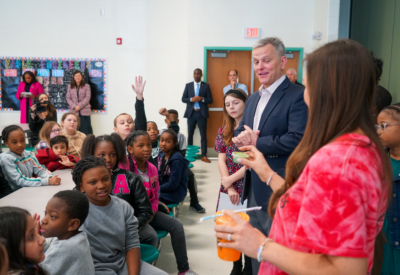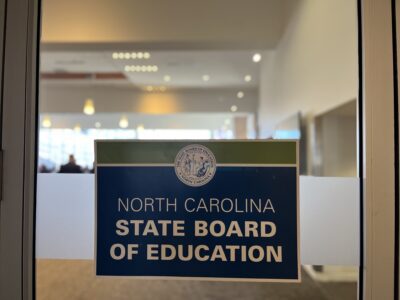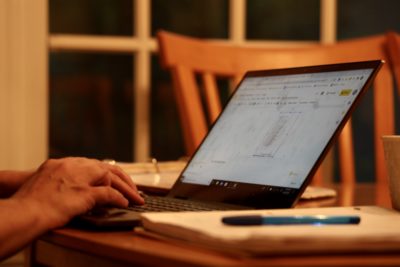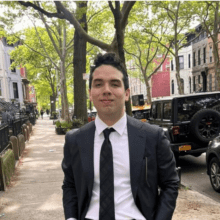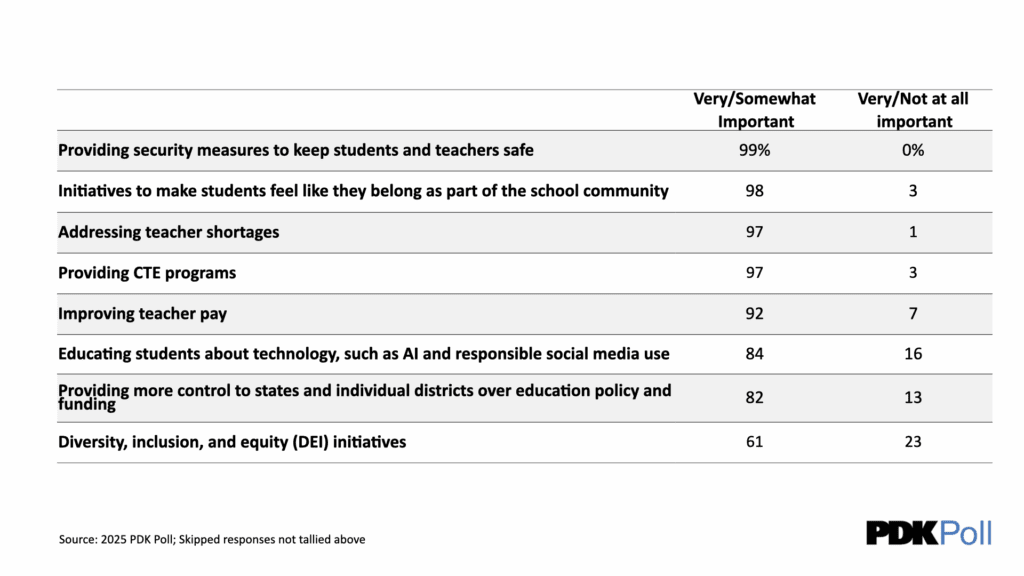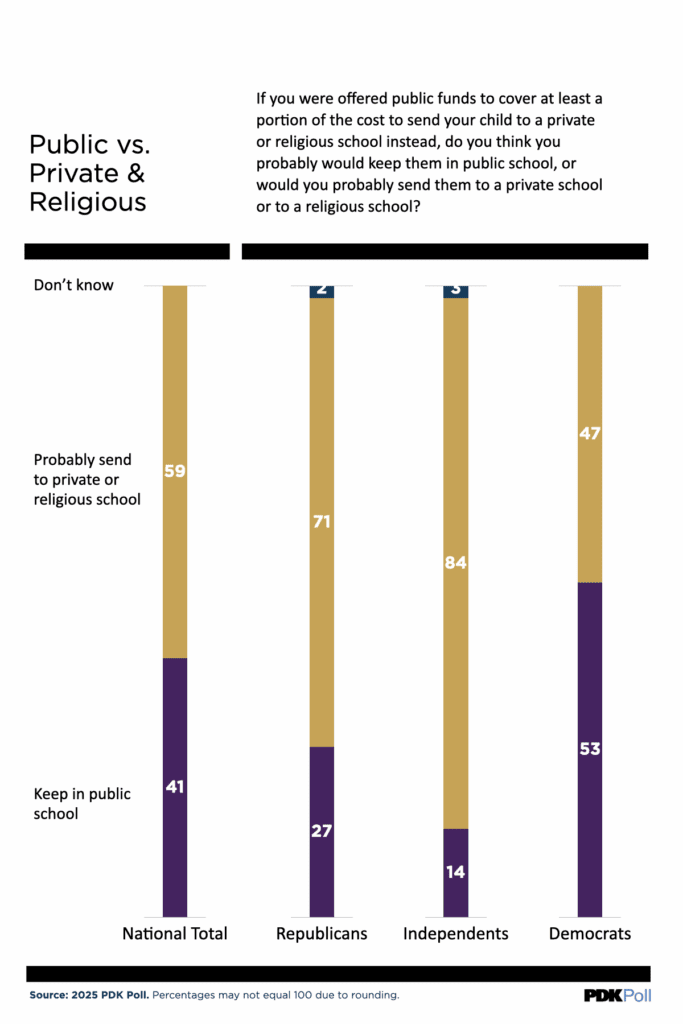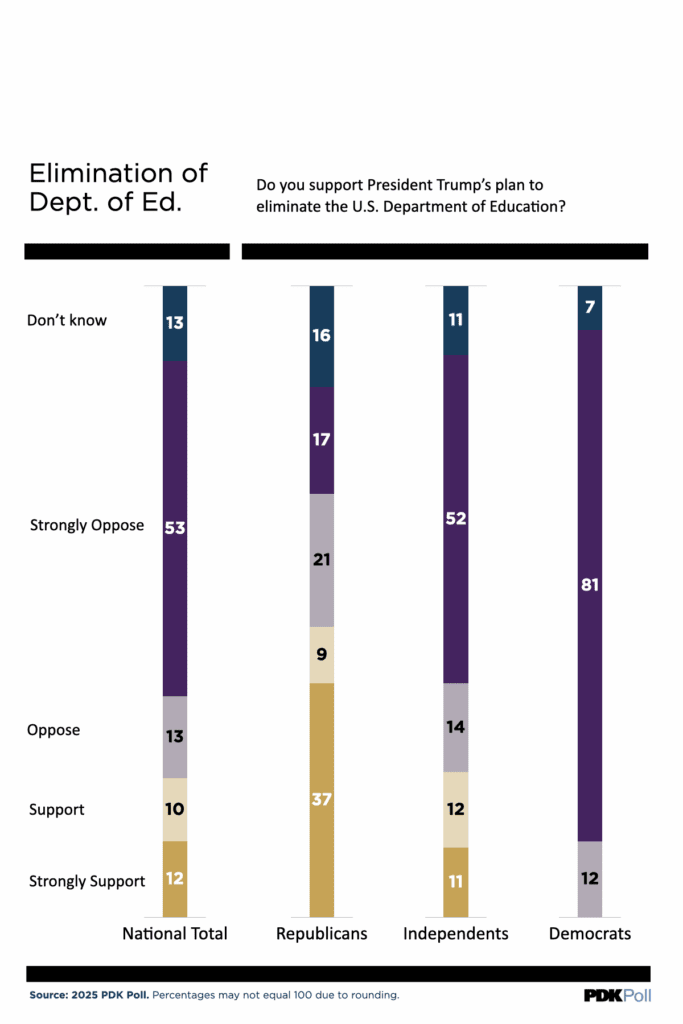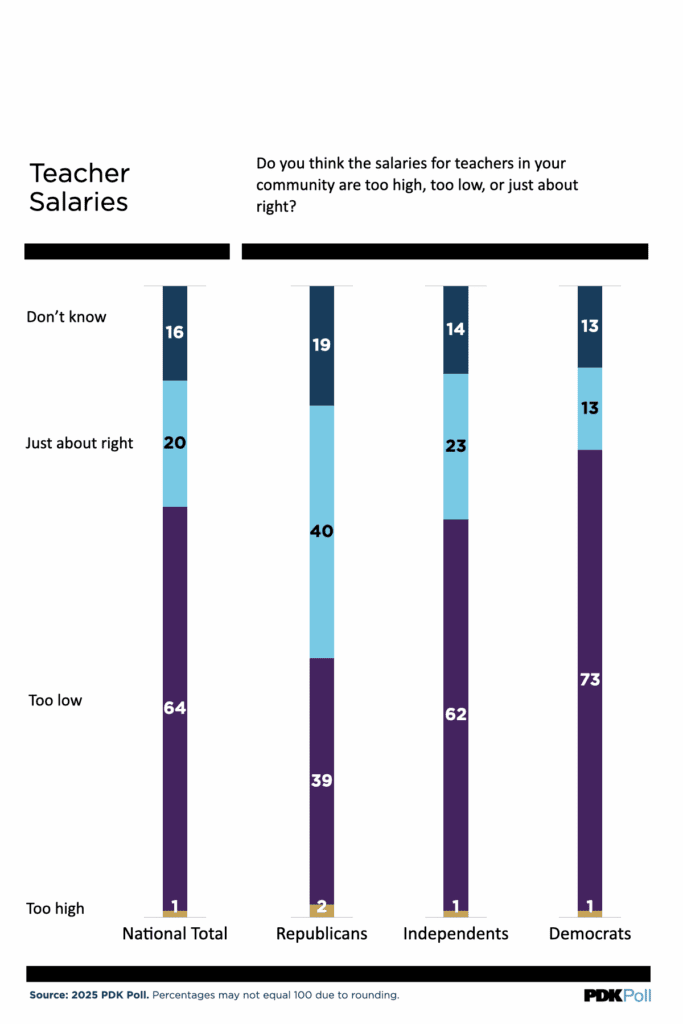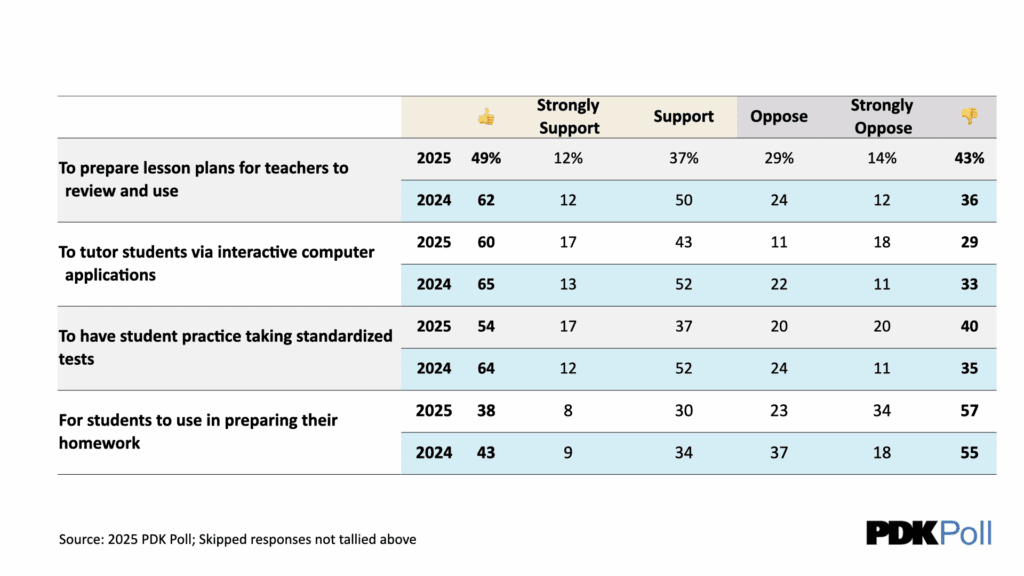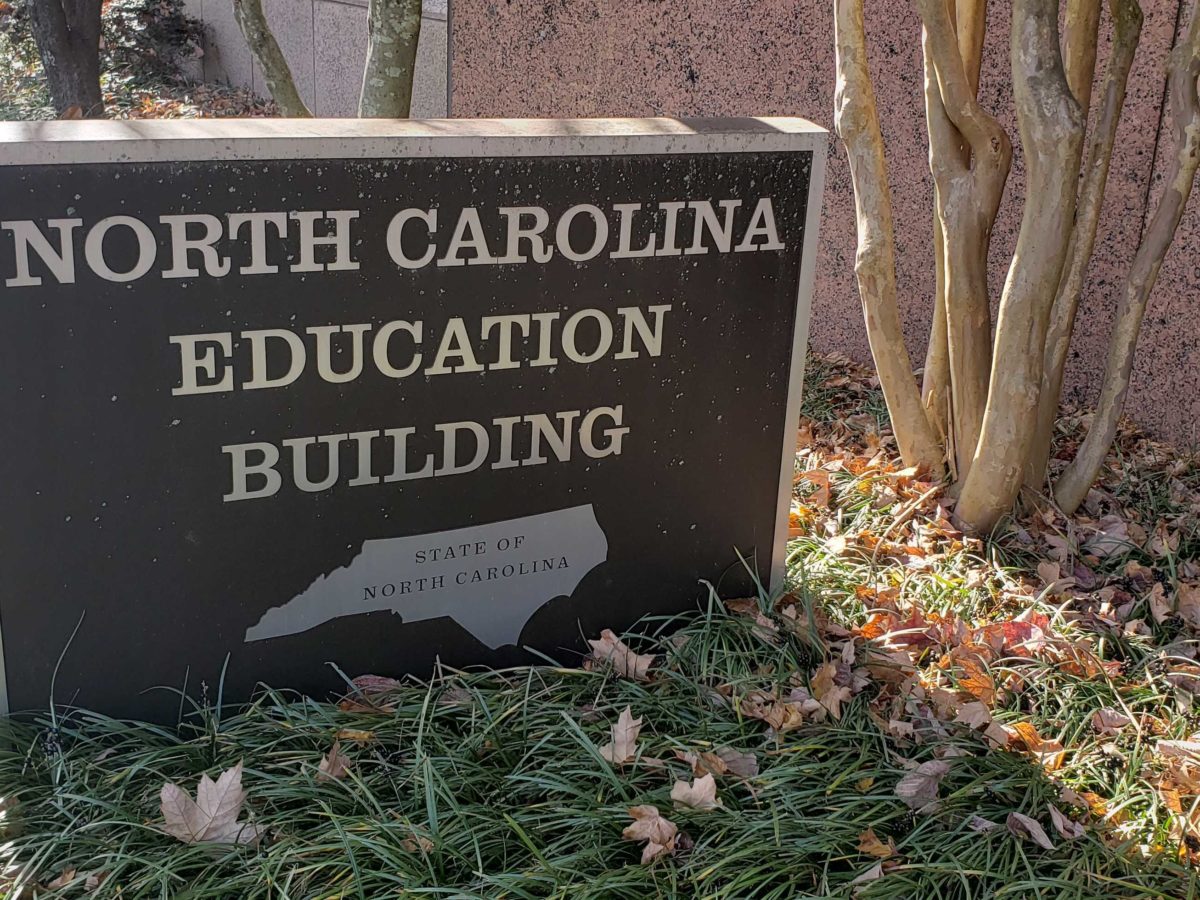
A new national survey tracking public sentiment toward schools revealed a slight loss in confidence in the country’s public schools, strong support for improving teacher pay, and wide opposition to the elimination of the U.S. Department of Education.
These are some of the findings released on Tuesday from this year’s PDK Poll of the Public’s Attitudes Toward the Public Schools, an annual survey since 1969 produced by The Wason Center for Civic Leadership at Christopher Newport University.
![]() Sign up for the EdDaily to start each weekday with the top education news.
Sign up for the EdDaily to start each weekday with the top education news.
Between June 21 and 30, a random sample of 1,005 adults responded to the survey questions.
The results reveal broad consensus among Americans on the importance of several education-related priorities.
Virtually all respondents agreed on the importance of security measures in schools, initiatives to make students feel a sense of belonging, addressing teacher shortages, and providing Career and Technical Education (CTE) programs.
Sixty-one percent of U.S. adults say diversity, equity, and inclusion (DEI) initiatives are either very important (49%) or somewhat important (12%), with 89% of Democrats saying it is very/somewhat important compared to 22% of Republicans and 62% of Independents.
Take a look at other highlights from the survey below.
Support for vouchers, public schools
The survey revealed an uptick among parents in favor of using public funds to send children to private or religious schools, reaching 59% compared to 56% in 2020. Republicans were more in favor, with 71% supporting the use of public funding to send their child to a private or religious school, compared to 47% of Democrats.
Charter school support was not as high as previous editions of the survey. Forty-six percent of respondents supported funding for charter or lab schools, including 51% of Democrats, 45% of Republicans, and 44% of Independents. However, in 2013, that number was 68% overall.
“One reason may be that other programs that give parents money to attend private or religious schools provide a different kind of alternative,” the PDK poll analysis says.
The survey results also showed a growing belief that the quality of schools may be decreasing.
Forty-three percent of respondents gave their local schools a letter grade of A or B — a ten percentage-point drop from 2013.
Respondents have consistently graded their local schools to be better than schools nationwide, PDK said, and this year was no different.
Related reads
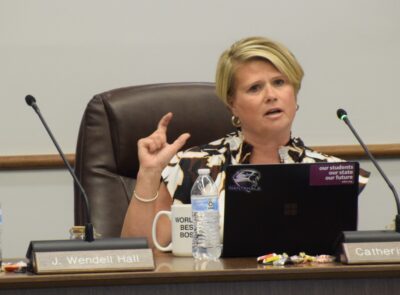
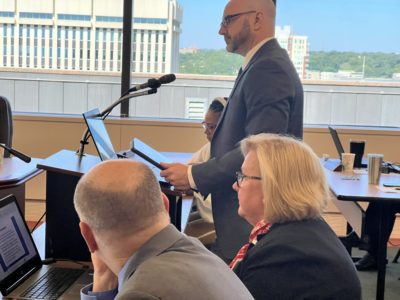
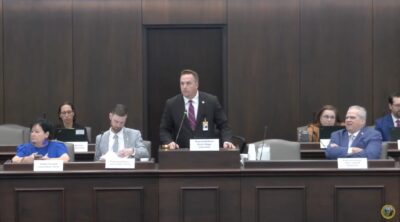
U.S. Department of Education elimination
Another major finding from the survey is a very low level of strong support — only 12% — for President Donald Trump’s campaign promise to dismantle the U.S. Department of Education.
“There’s a clear political divide on this issue, but it’s interesting to see that only 46% of Republicans are in favor of President Trump’s campaign promise,” Albert Chen, chief operating officer of PDK International, said in a Tuesday webinar presenting the results.
Two-thirds of respondents believed its elimination would have a negative impact on public education.
“Obviously, there’s some discussion around the ability of each state to deliver the same level of consistent performance with the agency’s role with pre-K to K-12 public education,” Chen said.
Teacher pay
Addressing teacher pay received nearly universal agreement, as more than 90% of respondents said they believe it is an important issue.
However, respondents began to differ when asked to consider teacher pay within their communities. Nearly two-thirds of Americans (64%) said teacher salaries were too low, compared to 66% in 2018.
“This opens up a discussion … such as how many Americans would support increasing teacher pay, for instance, through higher taxation,” Chen said.
Democrats were more likely to say teacher pay is too low (73%), compared to Republicans (39%) or Independents (62%).
The poll points to an April report on educator pay from the National Education Association (NEA) which found that average teacher pay nationwide has “failed to keep up with inflation over the past decade” despite record-level pay increases in some states.
That report found that North Carolina had one of the lowest average teacher salaries nationwide after falling five places to 43rd in the country.
“The average teacher salary in North Carolina is $58,292, nearly $14,000 less than the national average of $72,030,” the report said. “North Carolina ranks behind all its neighboring states: Georgia (23rd), Virginia (26th), South Carolina (36th), and Tennessee (38th).”
Read more
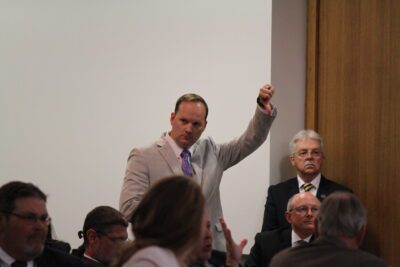
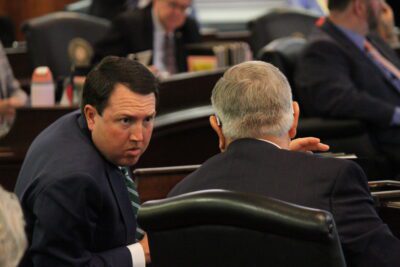
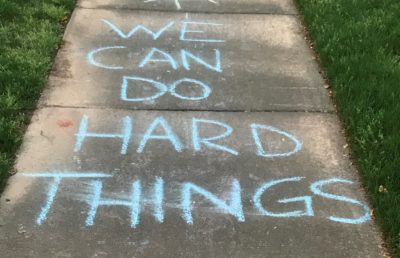
Cellphones and AI
Survey respondents also expressed wide agreement for cellphone restrictions for students, with 86% of respondents supporting some kind of limitation during the school day. Forty percent supported a complete ban on cellphones throughout the school, and 46% were in favor of students having access to cellphones outside of the classroom.
Gov. Josh Stein signed House Bill 959 into law in July, requiring school districts to set policies restricting the use of cellphones during instructional time. Under the new law, such district policies can “prohibit students from using, displaying, or having a wireless communication device turned on during instructional time.”
Support for Artificial Intelligence (AI) in the PDK Poll waned compared to last year’s poll, specifically when used for the development of lesson plans. Sixty percent of respondents supported using AI to tutor students. However, more than two-thirds of respondents (68%) opposed providing student data — including grades, test scores, or personal information — to AI software.
Parent voice
Seventy percent of parents reported being satisfied with the amount of say they have in their child’s education (30% very satisfied and 40% somewhat satisfied).
“However, disparities in satisfaction emerge along political lines and whether or not their children attend a private or public school,” the analysis says. “78% of parents represented in this year’s survey had children in public schools, versus 5% in private, and 1% reported their children being homeschooled.”
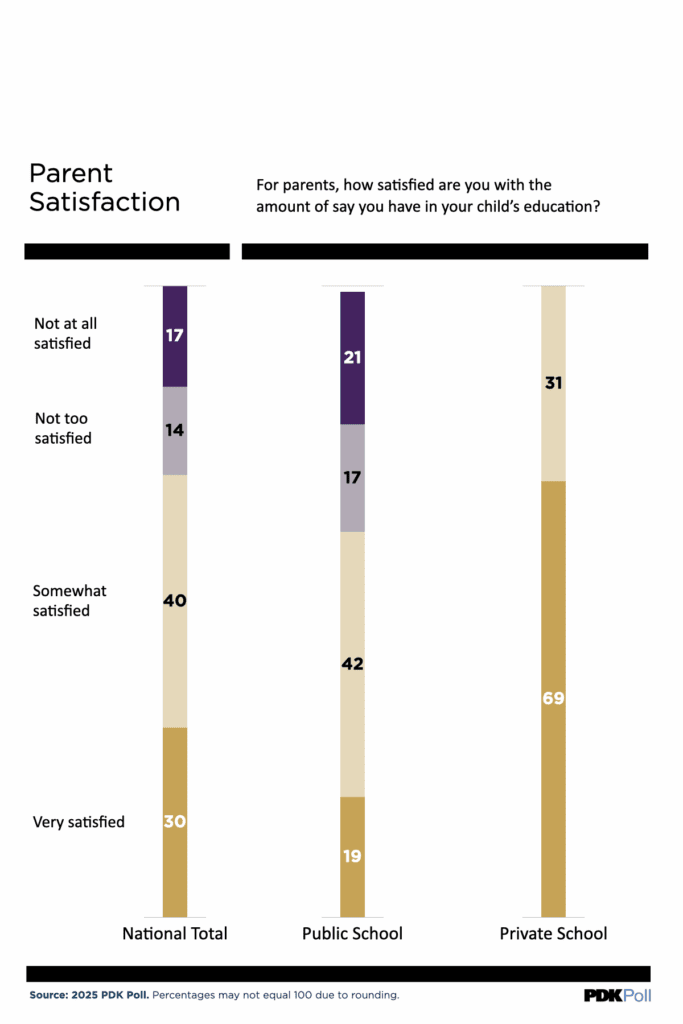
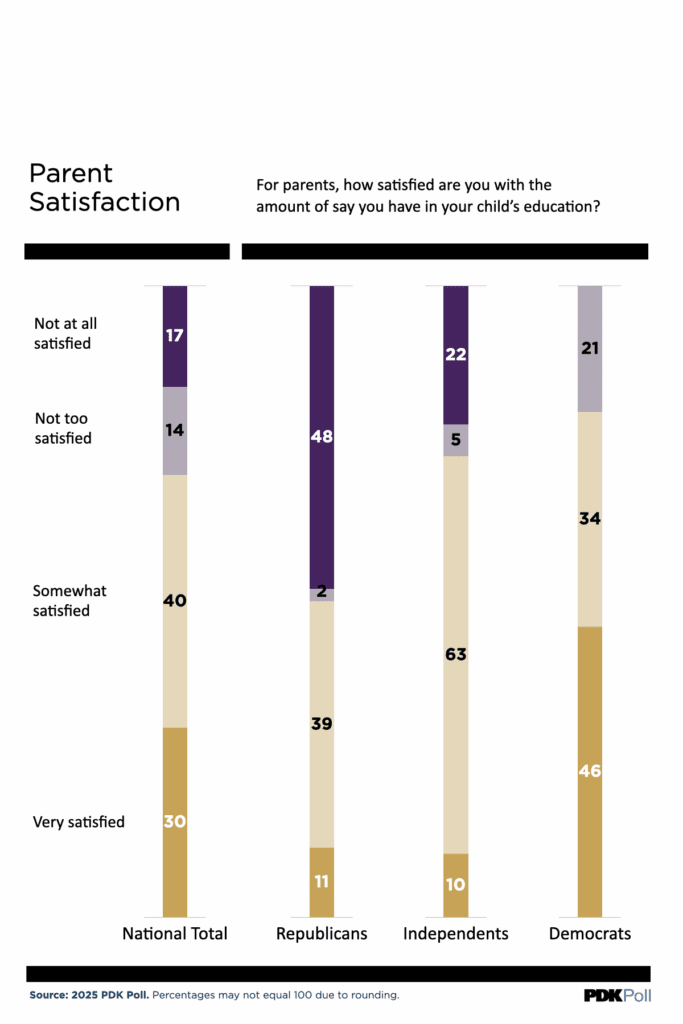
You can read the full analysis here.
Recommended reading
